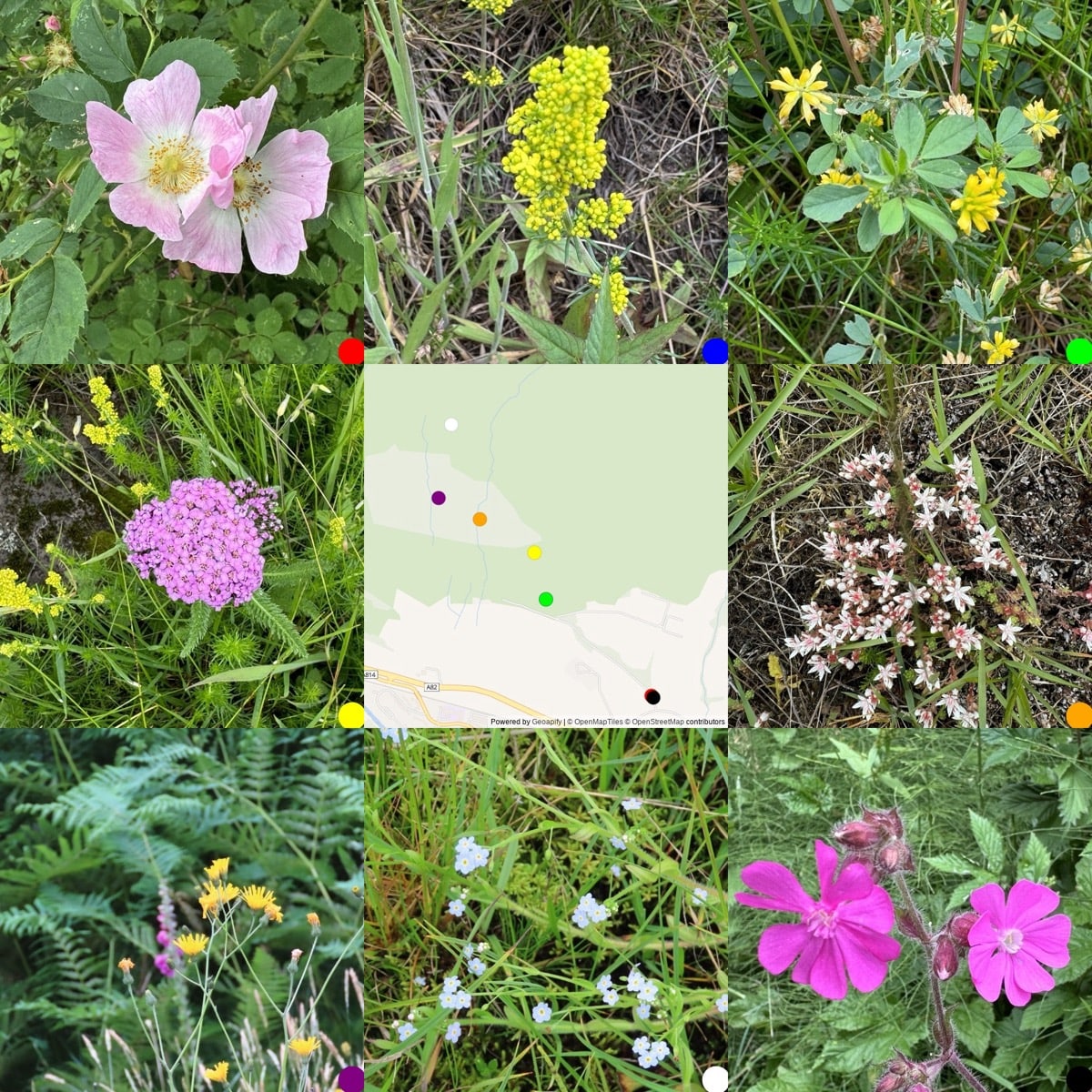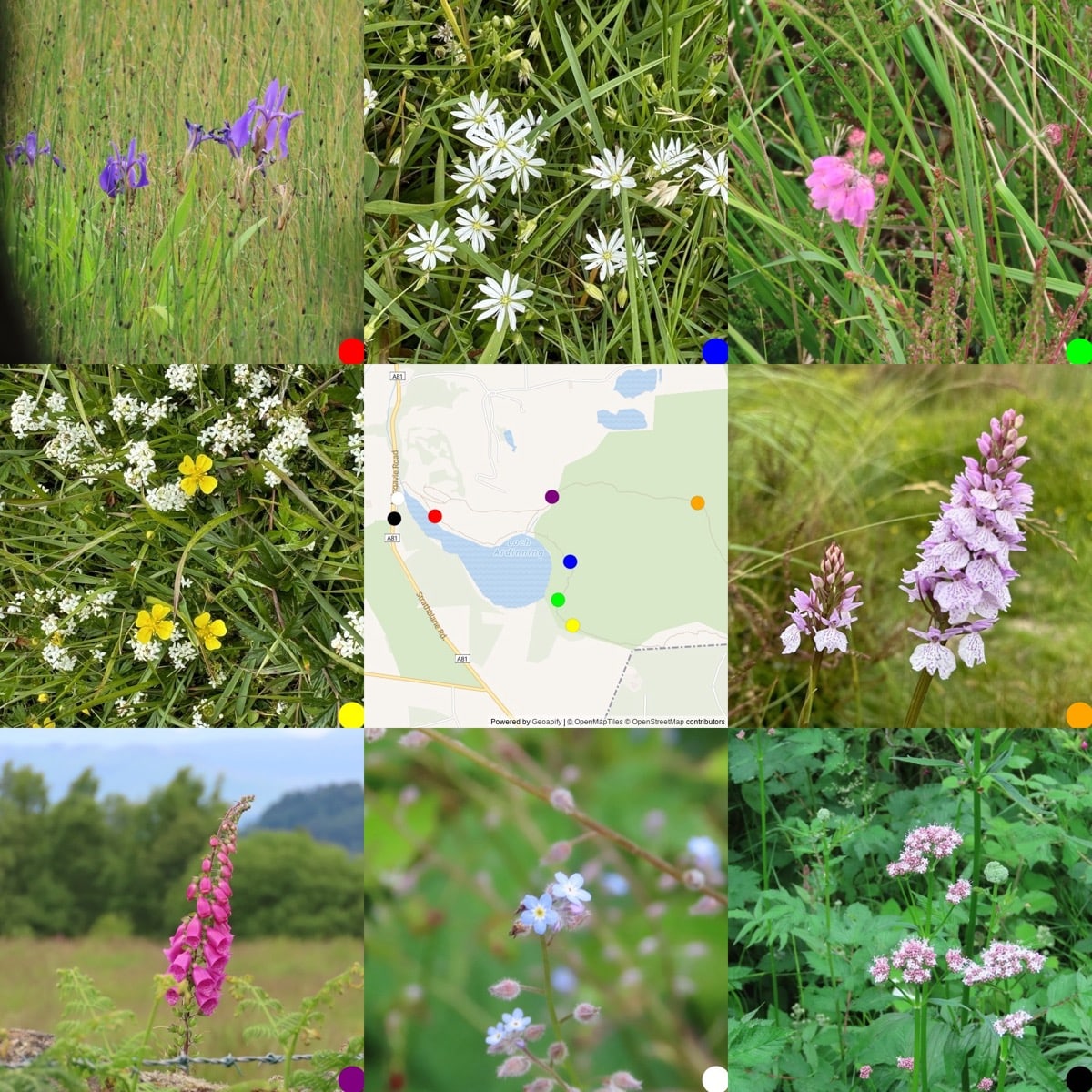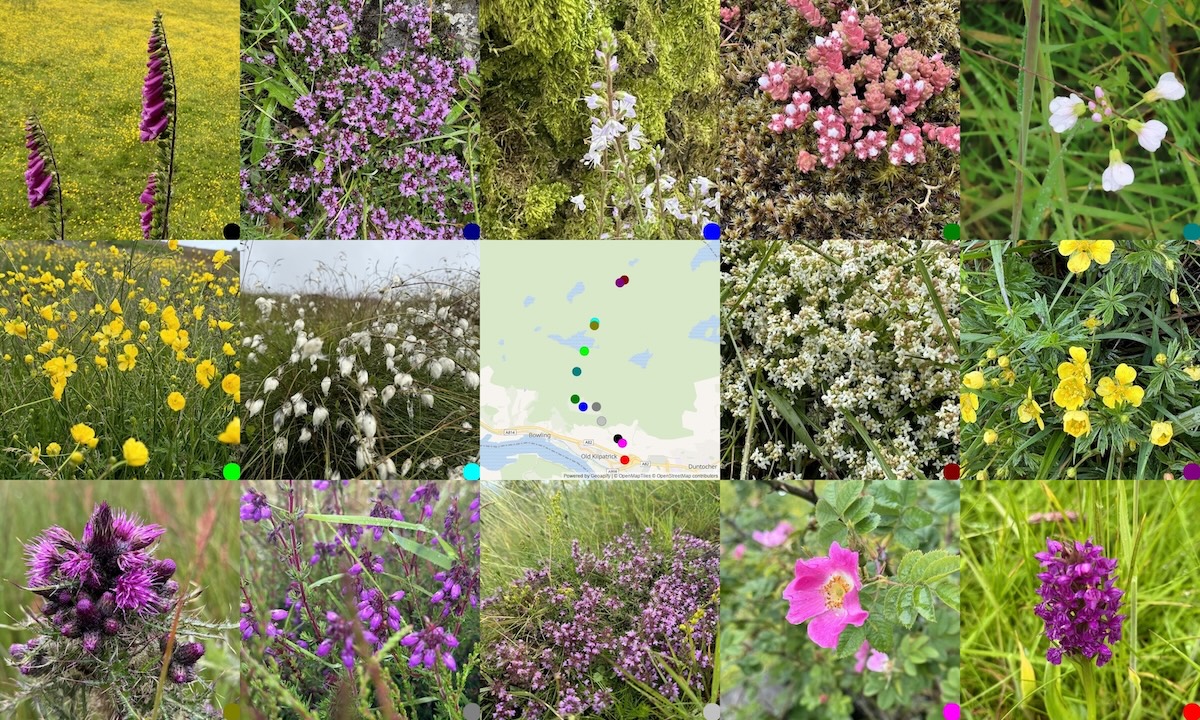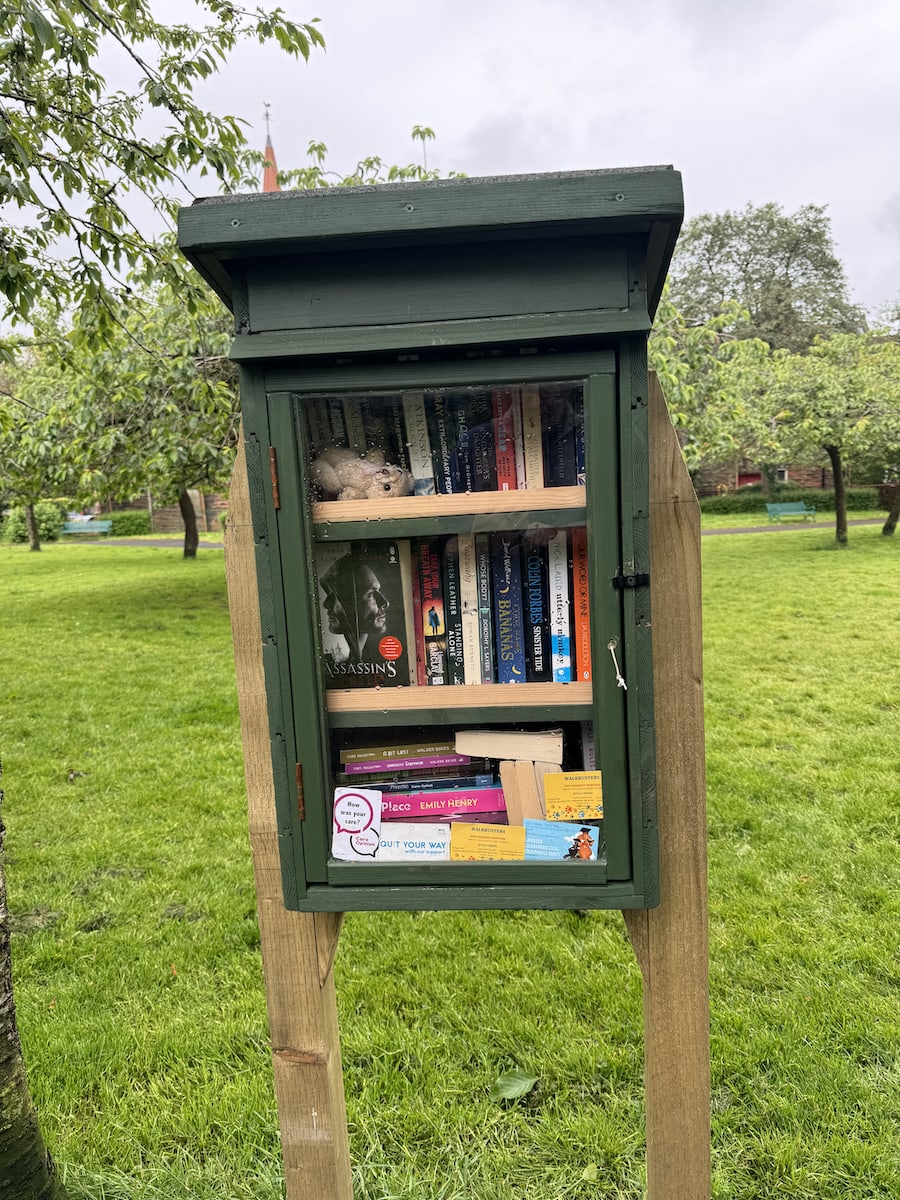Read: The Bee Sting by Paul Murray ★★★★★ 📚
A great read, multiple pov, full of surprises. Inside each character’s head indecision jerks chains. The stories shift between characters, each enough for a novel of its own. At first I felt some were left hanging, but it all weaves together.
Bookmarked First installation of BirdNET-Pi | Simon Dobson.
The BirdNET-Pi system aims to provide out-of-the-box bird identification. It’s slightly more awkward than that, but still pretty straightforward to get up and running.
Might be a nice summer project to take back to school.
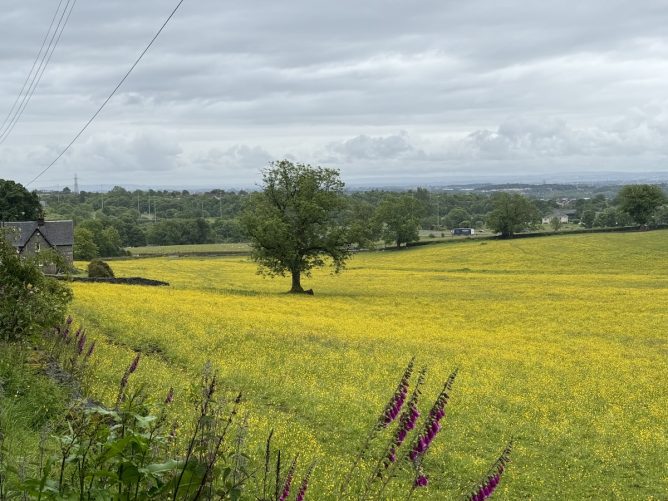

Dad’s day walk to Duncolm in the rain this morning. Lots of wee flowers. Plenty of birds too. Young warblers hiding in the bracken. Cuckoos calling, a pair flew by. Whinchat and Wheatear on the moor, larks and more.
Read: Slough House by Mick Herron ★★★★☆ 📚
Best one in the last few I’ve read. Although the back & forth between different fields of action at a cliff hanger is predictably it works. Politically incorrect attitudes from Jackson still funny. More emotion & connection to the characters.
Re: Big Tech & Digital literacy
I just saw What is Digital Literacy? A guest blog from Andy McLaughlin, University of Aberdeen – DigiLearn and a pointer to the discussion on LinkedIn.
But what do we do there – if we go open source or other methods are we giving our young people the skills to enter the workplace .
Ian Gibson
Ian and John, I’d love to hear your take on the idea that Big Tech’s “efficiency agenda” has been the biggest hindrance to digital skill development.
Andy McLaughlin
There is a lot of interesting ideas popping up in the conversation. I joined in, although I don’t really have a clear idea as to where I stand. Quite quickly I reached LinkedIn’s maximum character limit, so though I’d post here and link in there, POSSE style. Here are the rather ragged thoughts I wanted to post:
Of course in Scotland we have access to an Open Source product in the form of WordPress 😉 But I doubt there is much awareness of Open Source generally among my colleagues. As a primary teacher, I need to get my head round hundreds of experiences and outcomes, leaving little time for the reading, never mind the thinking needed in this area.
Open Source is involved in many work places. Some even owned by ‘Big Tech’. Unfortunately Open Source and open technologies (RSS for example) do not have an army of paid and unpaid evangelists in the same way as ‘Big Tech’.
I am not suggesting we should abandon Big Tech, but we should be able to think about the implication
I recently quoted this:
warning parents that although they think they are giving their children access to the internet, they are really giving the internet access to their children.
BBC World Service – The Documentary Podcast, Assignment: Ireland’s phone-free town
Could we replace parents by educators, children by pupils and internet by ‘Big Tech’.
Not sure I fully grok Big Tech’s “efficiency agenda” but to my mind it might be jumping into using tech too far from the base metal? Just a few (20) years ago, I’d start teaching pupils some basic text editing, a wee bit about the difference between bitmap and vector image software before moving on to more complex tools. I think I’d rather see a pupil ‘misusing’ powerPoint or Keynote to make their own creative images than cycling through possibilities in a more sophisticated tool.
I am also open to the idea that a bit of friction in your toolkit might mean to spending a bit more time thinking.
warning parents that although they think they are giving their children access to the internet, they are really giving the internet access to their children.
I’ve not listened to this yet but this jumped out at me.


